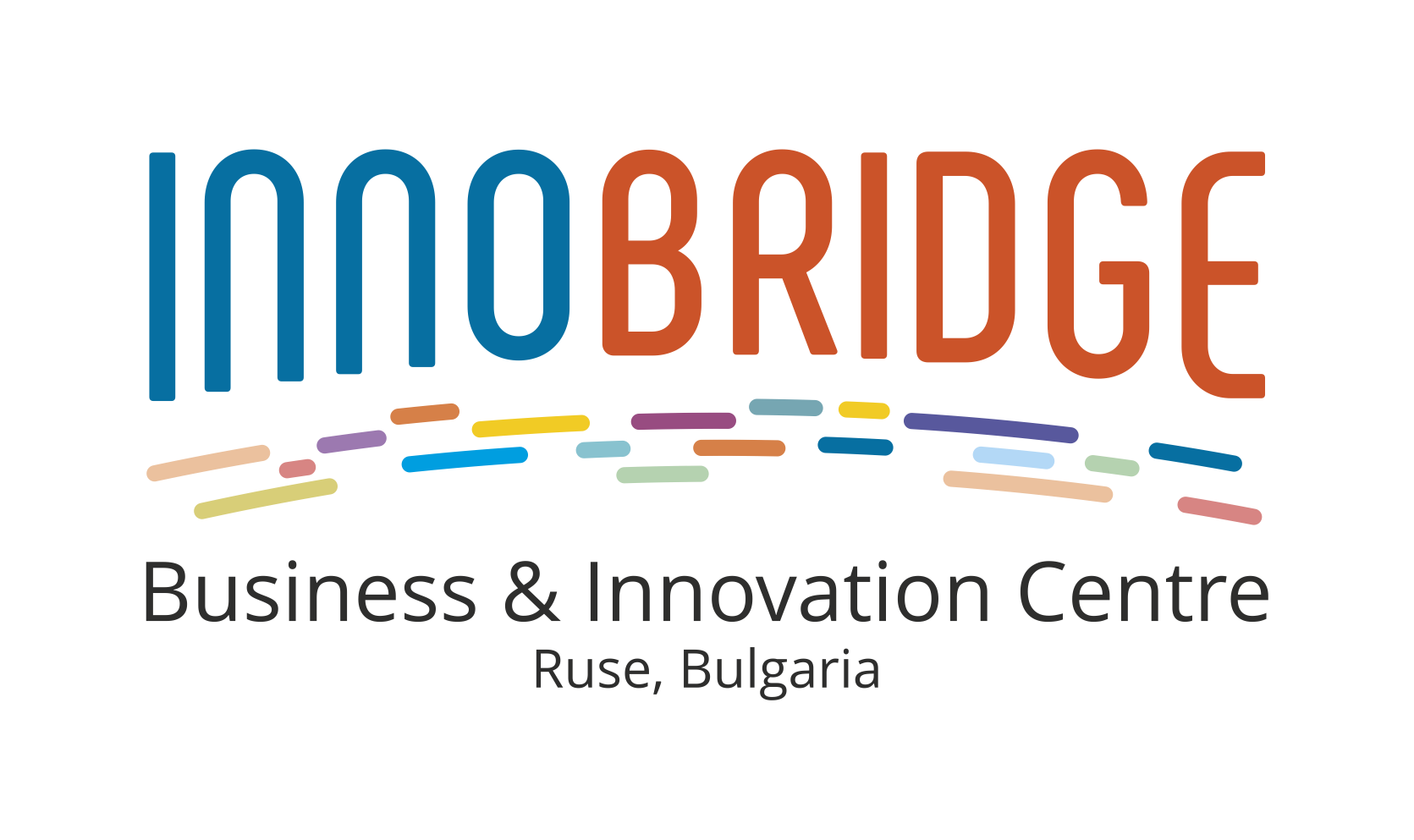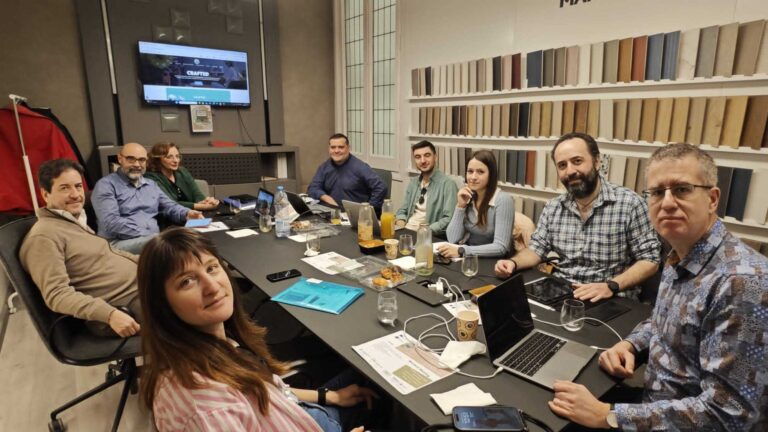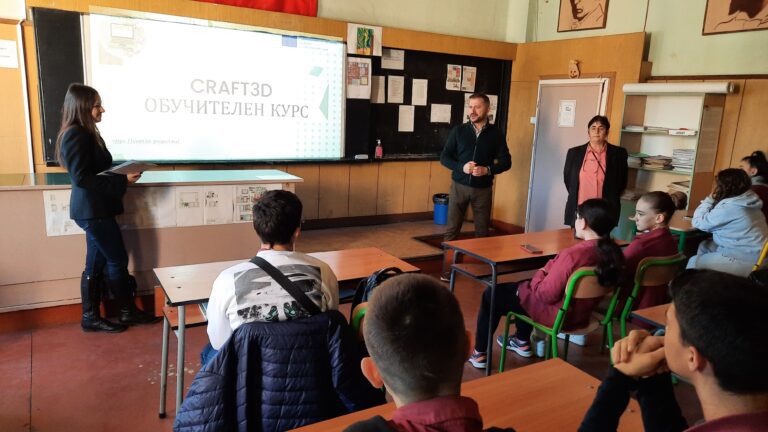Job Search in Bulgaria: Top Skills Employers Will Need in 2025
In 2025, the Bulgarian labor market will face a critical shortage of personnel, as employers will be looking for over 262,000 workers in key sectors. Near 60,000 companies in our country plan to hire new staff in the next 12 months, representing an increase of over 71%, according to a study of workforce needs of Employment Agency (EA), and emphasizes the need to adapt the skills of the workforce to the new demands of the economy. It will also be necessary to 153,000 qualified specialists, about 59,300 specialists with legal qualifications or higher education, and another 50,000 workers without a specialty in the various sectors of the economy.
The most sought-after professions will be builders and engineers, doctors, nurses and pharmacists, drivers, artificial intelligence specialists (AI), mechanical engineers and operators, chefs, tailors, teachers and teachers.
These professions reflect not only current market needs, but also trends in the development of industries in Bulgaria.
Top skills for employers
There are certain skills that will be particularly valuable to employers in 2025. These include:
- Digital literacy: The ability to work with various digital tools and platforms is essential. Workers must be able to navigate the digital environment and use technologies to optimize the workflow.
- Data Literacy: The ability to analyze data and make decisions based on it is important. Employers are looking for candidates who can collect, interpret, and apply data effectively.
- Critical thinking: The ability to analyze situations and problems objectively is important in conditions of information overload.
- Emotional intelligence: The ability to understand and manage emotions, both one's own and those of others, is becoming increasingly valuable in the work environment, especially in hybrid teams.
- Flexibility: Adaptability to changing conditions and technologies is key to success in a dynamic work environment.
- Leadership skills: Management skills will be important, especially in the context of managing understaffed teams.
Industry examples
IN the construction sector for example, employers are now looking for specialists with experience in new technologies such as Building Information Modeling (BIM), which requires specific digital skills.
IN IT sector we observe decline in the general search for personnel, but the interest in artificial intelligence specialists remains high. This indicates the need to focus on training and retraining in these areas.
IN the education sector,educational institutions are beginning to integrate digital technologies into teaching and encourage the development of soft skills among students, better preparing young people for the future labor market.
General trends in the labor market in Ruse
In Ruse, the labor market shows dynamic changes and growing needs, especially in the context of the upcoming challenges in 2025. According to various sources, including Ruse Chamber of Commerce and Industry, significant demand for personnel is expected in certain sectors.
Staffing needs: Businesses in Ruse are actively looking for new employees, especially in the industrial sector. Forecasts indicate that there will be a growing demand for workers in areas such as construction, services and education.
Key professions: Innovation and technology professionals, medical workers and engineers will be among the most sought-after professions.6 The sectors with the greatest hunger for staff also include manufacturing and logistics.
Education and Qualifications: Higher education remains an important factor for successful implementation in the labor market. Statistics show that over 90% of higher education graduates find work, while the employment rate for those without higher education is around 64%.
Specific needs in Ruse
Engineering majors: There is an increased demand for engineers, especially in the manufacturing sector. Local companies are looking for specialists with skills in new technologies and automation.
Healthcare: The shortage of nurses and doctors is a serious problem, exacerbated by the growing elderly population. Employers are offering attractive working conditions to attract specialists.
Tourism and services: The tourism sector is also suffering from a shortage of workers, especially in the hotel industry. Local businesses are increasingly hiring foreign workers, but the process is hampered by administrative obstacles.
Ruse District has a stated need for 12,149 frames, which represents 4.6% of the country's total needs. The services sector employed the largest number of employees at the end of September 2024 – 57.0%, in industry – 38.4%, and in agriculture, forestry and fisheries – 4.6%. Those employed in manufacturing enterprises (20.0 thousand) accounted for 80.3% of the total number of employees in the "Industry" sector. In the services sector, the largest relative share is occupied by the economic activity "Trade; repair of motor vehicles and motorcycles" – 24.0% of all employees in the sector.
Conclusion
The Bulgarian labor market in 2025 will require employers and employees to be proactive, flexible, and ready for continuous learning. Investments in the development of digital and soft skills, as well as adaptation to new technological realities, will be key to success in the dynamic economic environment.
In the context of the challenges facing the Bulgarian labor market, Business Innovation Centre Innobridge plays a key role in supporting start-ups and innovative businesses in Ruse and the regionWith its initiatives for entrepreneurship and innovations, Innobridge encourages the development of new business models and technologies, which meet the modern requirements of the market. The center offers trainings and seminars, which increase the qualifications of the workforce, and also provides consultations and business planning supportThrough its strategic partnerships with regional and international organizations, Innobridge creates collaboration networkswhich facilitate knowledge transfer and innovation.







